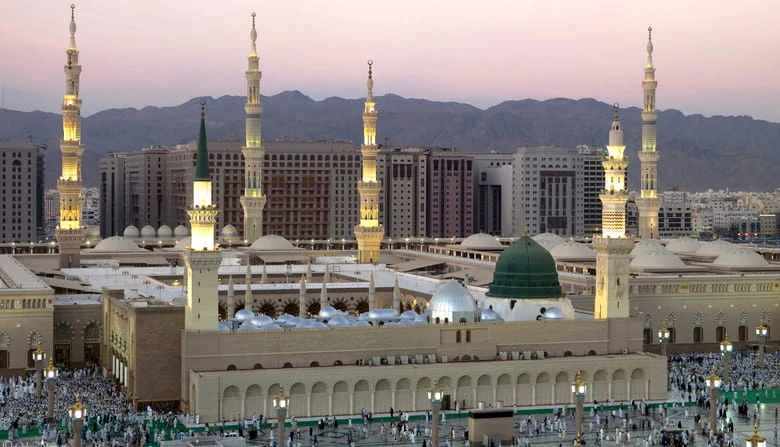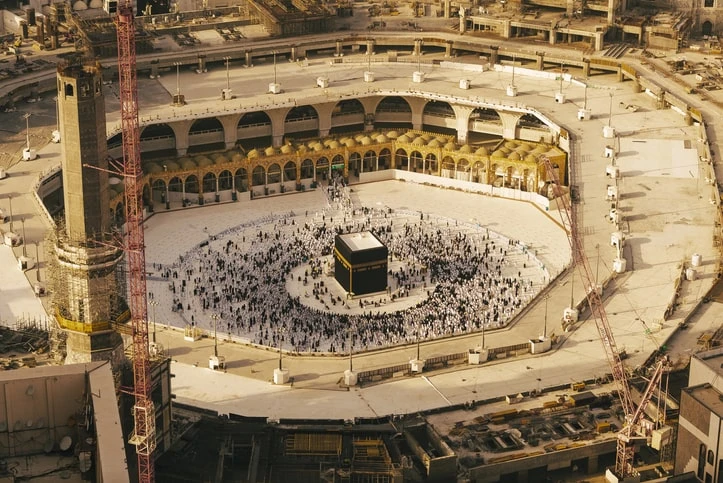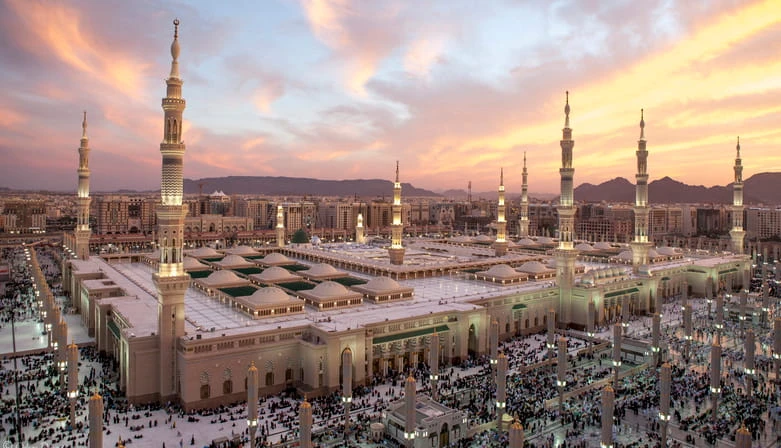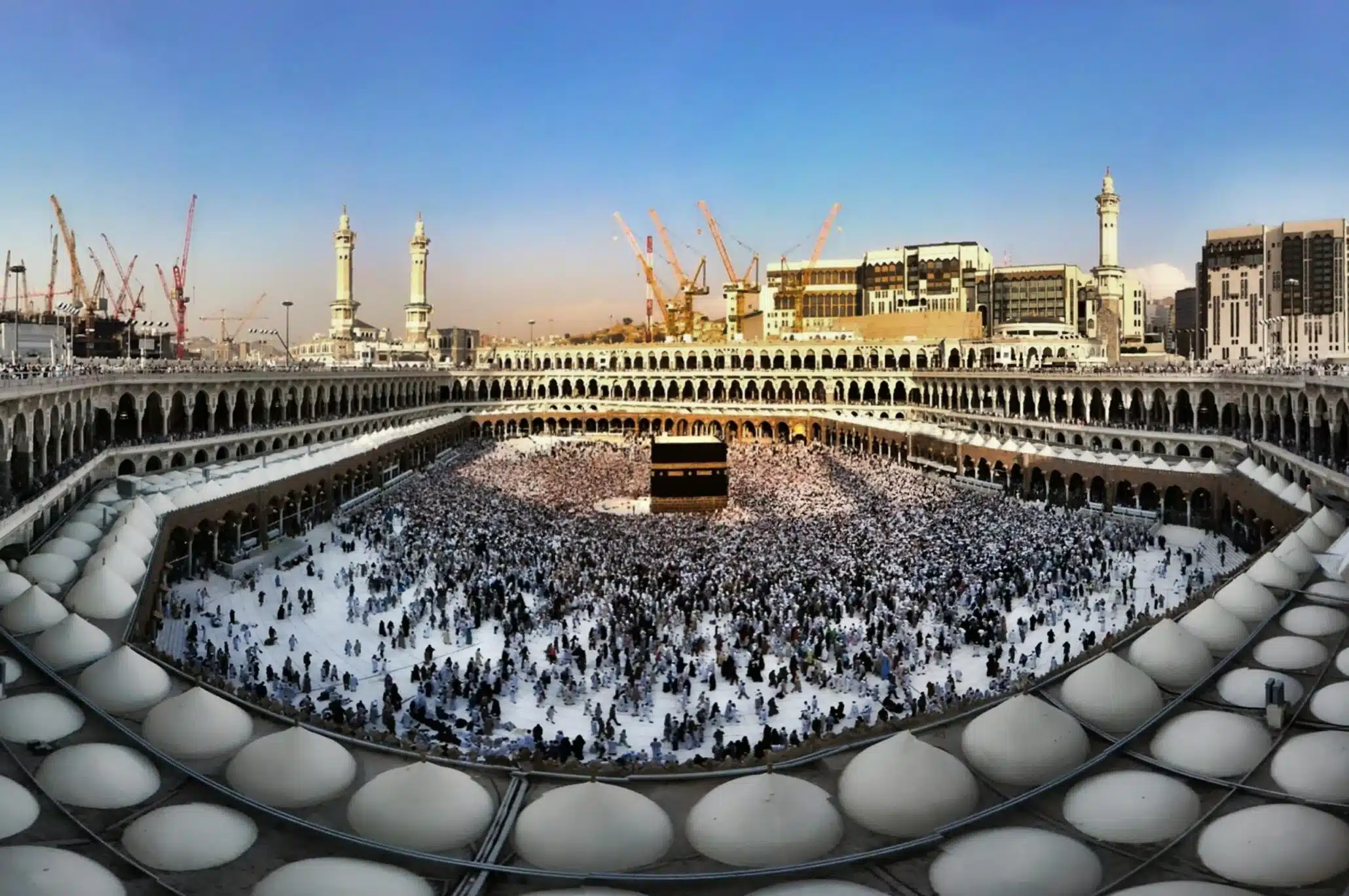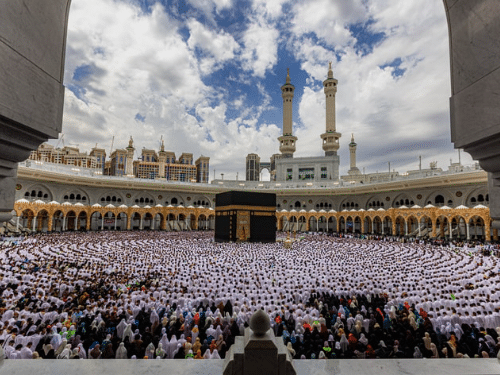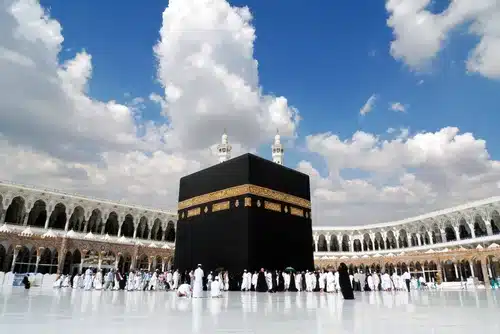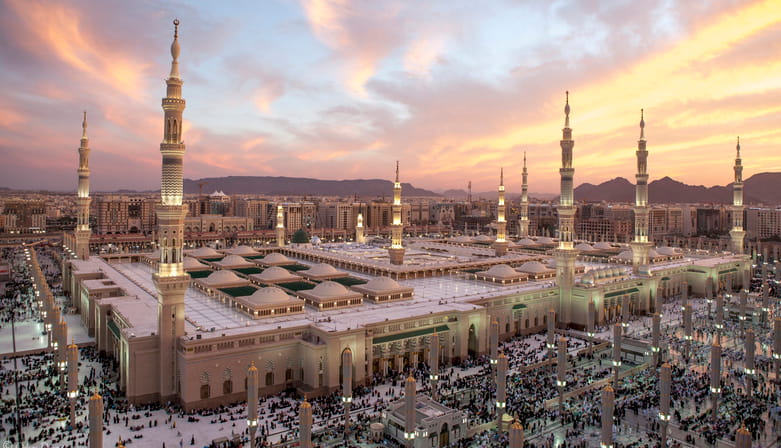Dowry in Islam
Dowry in Islam: Top Misconceptions to Avoid
In many cultures, dowry can often be seen as a source of social pressure, financial worry, and even injustices, especially toward women. But when people talk about “dowry in Islam”, the lines often get blurred between cultural undertones and actual religious guidelines. There are no grey areas when it comes to Islam and the definition of marriage, therefore, dowry in Islam is both a cultural and religious concept many people have misunderstood.
In this blog post, we will unpack some of the biggest myths on dowry in Islam, and clarify what Islam actually teaches about this important concept.
What is Dowry in Islam?
In Islam, we call this ideal gift or payment Mahr. Mahr triggers at the time of marriage and is a required gift or payment from the groom to bride, and is a legal and religious right of the woman, not a payment to the woman’s family. This is quite different from cultural dowry, in which her family is expected to provide or give wealth or gifts to the groom.
Mahr signifies respect for the bride, the groom’s commitment, and establishes a measure of financial independence for the bride. Mahr can be in money, gold, property, or non-material, such as teaching her the Qur’an, so long as both parties agree.
Misconception 1: Dowry is required in Islam
There is no evidence in either the Qur’an or Hadith that says the bride’s family is to pay a dowry to the groom (and/or his family). The cultural notion where the woman “brings wealth” to the marriage is an invention of the culture, not stemming from any religious requirement.
Fact: Islam holds the groom accountable for giving a Mahr (an obligatory gift) to the bride, not the opposite. This cultural practice runs against Islamic principles of justice and simplicity.
Misconception 2: The Bride’s Family Should Provide a Dowry
This is one of the most common myths. In many cultures in South Asia and the Middle East, it is customary for the bride’s family to provide large amounts of money, expensive gifts, or furniture to the groom/his family. This practice can bankrupt families or, at best, push them into financial instability. Dowry is sometimes inaccurately referred to as “Islamic.”
Fact: Nowhere in the Qur’an or Hadith does Islam require the bride’s family to provide a dowry. Not only that, but the idea of a dowry goes against the whole idea of an Islamic marriage that is supposed to make it easy and not a burden!
Misconception 3: A higher dowry equals more worth to the bride
Some families believe that providing a higher bride price will impact positively their daughter, as if a higher salary reflects her value and will earn her preferential treatment in the house of her in-laws.
Truth: Islam forbids this mentality. A woman is measured according to her character and piety, and dignity—not the gold, cars or furniture her parents provide.
This misconception has perverted the spiritual process of marriage into a commercial transaction.
Misunderstanding 4: Asking for Dowry is Socially Acceptable
In many homes, demanding dowry from the prospective bride’s family is an accepted social norm, and is expected. This places a massive emotional and financial burden on the bride’s family, which often delays weddings altogether.
Truth: Demand for dowry is a sinful act strongly condemned in Islam. The Prophet Muhammad ﷺ repeatedly admonished anyone who would burden families at the time of marriage and insisted upon the need to make marriage reasonable and easy for all involved. When a family demands wealth or gifts in exchange for their daughter’s marriage, they are not acting as true believers but are acting in greed and exploitation.
Conclusion: Dowry in Islam is a Misconception
Many basic belief issues have arisen around the concept of ‘dowry’ because of the interaction between society and Islam as a religion. Islam does not impose, endorse or condone dowry as it exists in society to today. Islam is about equity, esteem, and about the financial security of daughters. Not about financial demands on her family’s property.
To retain the true meaning of Islamic marriage, there is a need for member of communities to understand dowry is a problem, and that communities must take steps to educate themselves about what Islam is really saying. Matter of fact, financial transactions are worse than marriages marked by compassion, contextual understanding, and respect.
